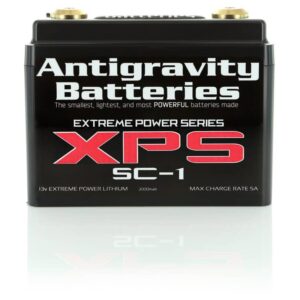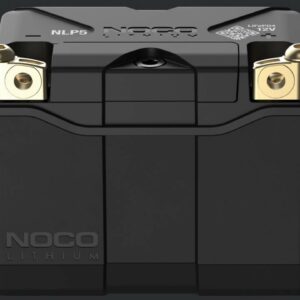Service alerts
International Postal service disruptions
International Mail Service Suspensions
Updated: Oct. 1, 2021
The Postal Service™ is temporarily suspending international mail acceptance for certain destinations due to impacts related to the COVID-19 pandemic and other unrelated service disruptions.
Suspension Due to Unavailability of Transportation
| Afghanistan | Guadeloupe | New Zealand** | Tajikistan |
| Australia* | Laos | Reunion (Bourbon) | Timor-Leste |
| Bhutan | Libya | Saint Pierre and Miquelon (Miquelon) | Turkmenistan |
| Brunei | Martinique | Samoa | Yemen |
| Cuba | Mayotte | South Sudan | French Guiana |
| Mongolia | Syria |
Customers: please refrain from mailing items addressed to the countries listed here, until further notice.
These service disruptions affect Priority Mail Express International® (PMEI), Priority Mail International® (PMI), First-Class Mail International® (FCMI), First-Class Package International Service® (FCPIS®), International Priority Airmail® (IPA®), International Surface Air Lift® (ISAL®), and M-Bag® items.
*Australia’s service disruption affects Priority Mail International® (PMI), First-Class Package InternationalService® (FCPIS®), Commercial ePacket (CeP), International Priority Airmail® (IPA®) packets, InternationalPriority Airmail® (IPA®) M-Bags, International Surface Air Lift® (ISAL®) packets, International Surface Air Lift®(ISAL®) M-Bags, and Airmail M-Bags.
**New Zealand’s service disruption affects Priority Mail International® (PMI), First-Class Package International Service® (FCPIS®), Commercial ePacket (CeP), International Priority Airmail® (IPA®) packets, International Priority Airmail® (IPA®) M-Bags, International Surface Air Lift® (ISAL®) packets, International Surface Air Lift® (ISAL®) M-Bags, and Airmail M-Bags.
Unless otherwise noted, service suspensions to a particular country do not affect the delivery of military and diplomatic mail.




